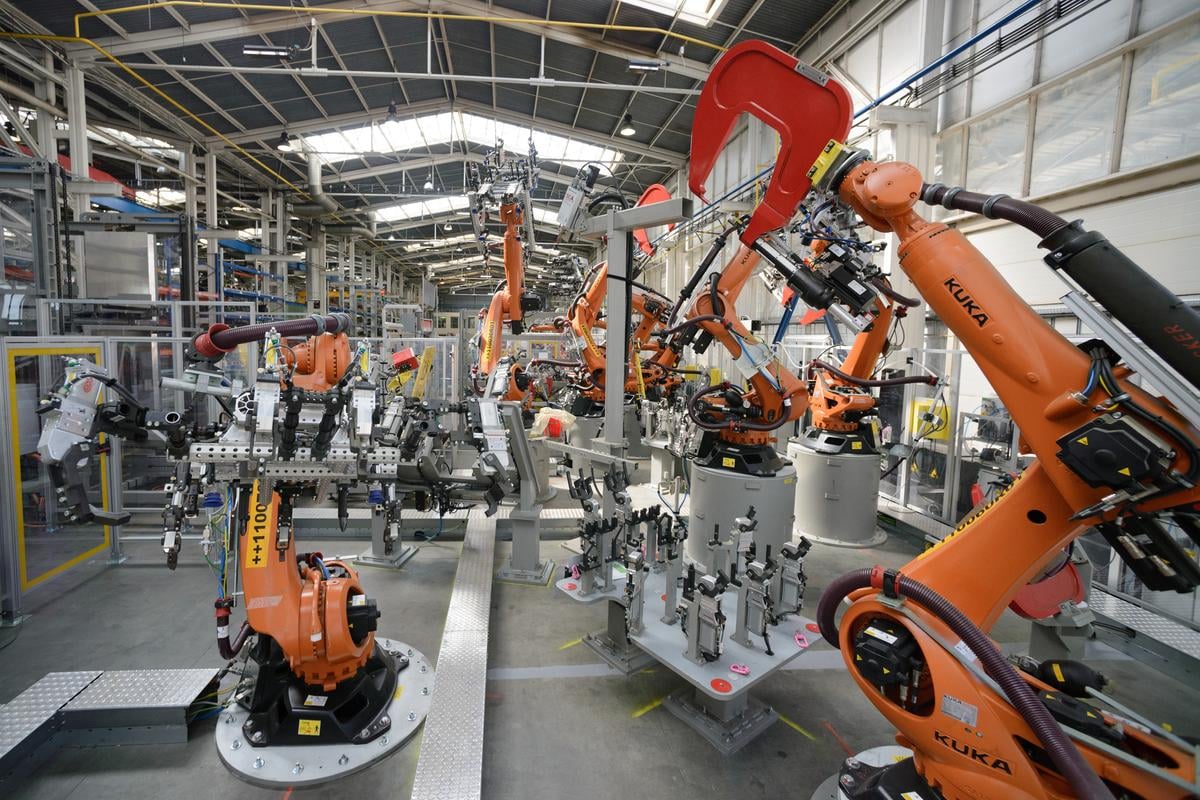By Compiled by Spectator staff
Copyright sme

Jaguar Land Rover’s Slovak plant has been brought to a standstill for a third consecutive week after a cyberattack, sending shockwaves through the carmaker’s local supply chain and raising calls for state support.
The Nitra facility, owned by the Indian conglomerate Tata Motors, produces the Land Rover Defender and Discovery SUVs – among the most expensive vehicles made in Slovakia. While output at the plant is halted, suppliers that rely on its orders have also been forced to scale back operations.
Matador Automotive, a major local components producer, has reduced shifts at two of its factories and sent about 40 employees home on partial pay. “It’s definitely a negative impact – fewer deliveries and extra costs – but we understand Jaguar Land Rover is suffering most from this,” said the company’s chief executive, Štefan Rosina Jr., as quoted by Denník N.
Other suppliers may be hit even harder. Gestamp, a Spanish firm making aluminium body parts, and G-Tekt, a Japanese producer of welded components, both set up in Nitra to serve Jaguar Land Rover. With work drying up, their plants are seen as particularly exposed.
Slovakia is the world’s biggest carmaker per capita, with four manufacturers – Stellantis, Kia, Volkswagen and Jaguar Land Rover – producing more than 1.1m vehicles a year. Nitra contributes the smallest share by volume, but the highest by value. The Land Rover SUVs rolling off its lines start at around €70,000, more than triple the price of smaller models made elsewhere in the country.
Industry groups warn that a prolonged shutdown could dent the sector’s overall performance for 2025. A month without production is expected to erase roughly 13,000 vehicles, cutting national output by about 1 percent. In financial terms, however, the loss would be several times greater.
The Slovak Automotive Industry Association said it could act as an intermediary in talks with government over possible support for suppliers. The most likely tool is kurzarbeit, a wage-subsidy scheme deployed during the pandemic that helps firms keep staff when demand collapses through no fault of their own.
So far, the Labour Ministry has said it has not received any applications for aid linked to the cyberattack, though companies have until 10 November to file. The Economy Ministry has not commented. Officials face political and fiscal headwinds: the government is under pressure to consolidate public finances and may be reluctant to extend fresh subsidies.
Rosina warned that without temporary relief, smaller suppliers could be left struggling. “Losses are already significant. The longer it lasts, the bigger the problem becomes,” he said.



